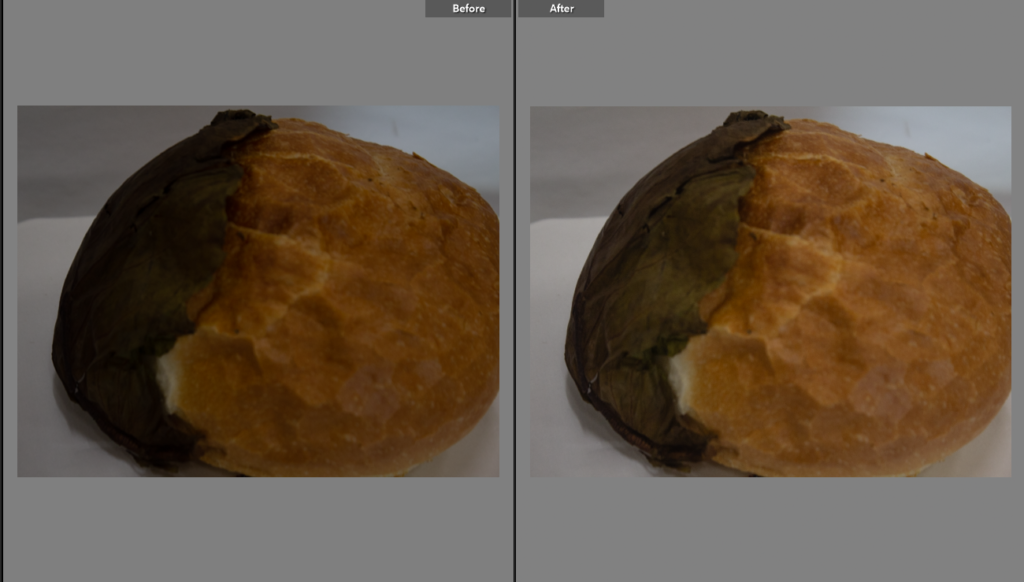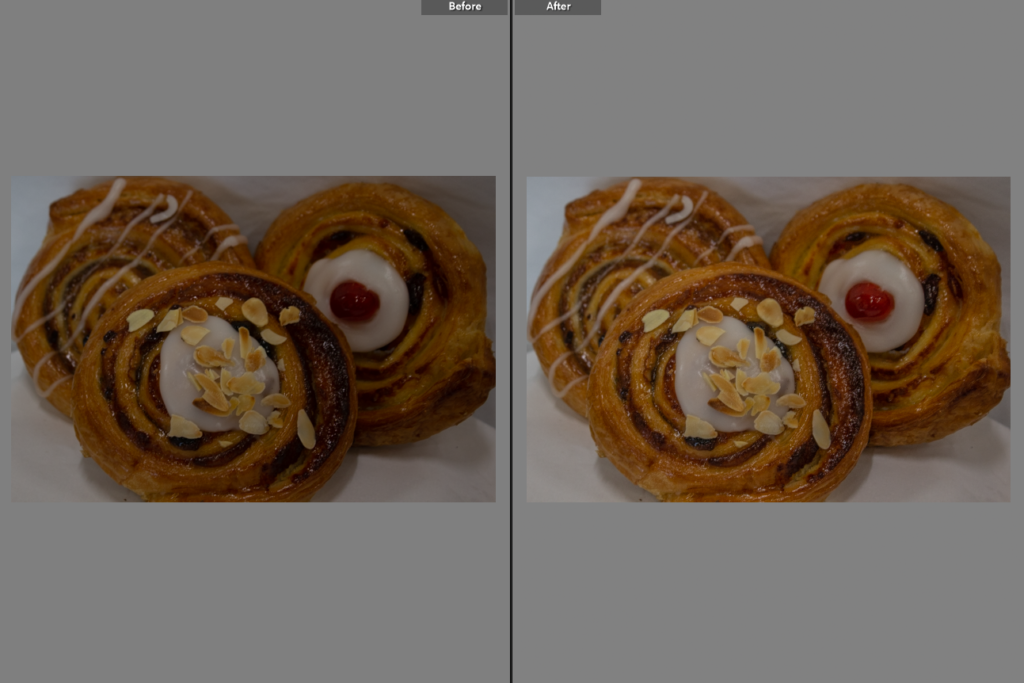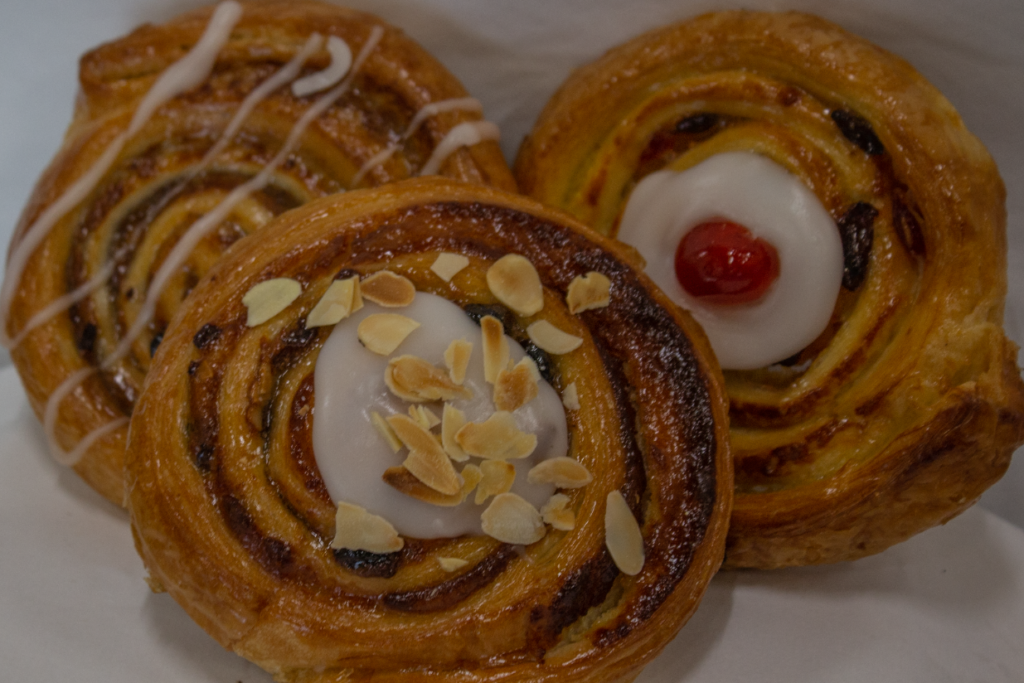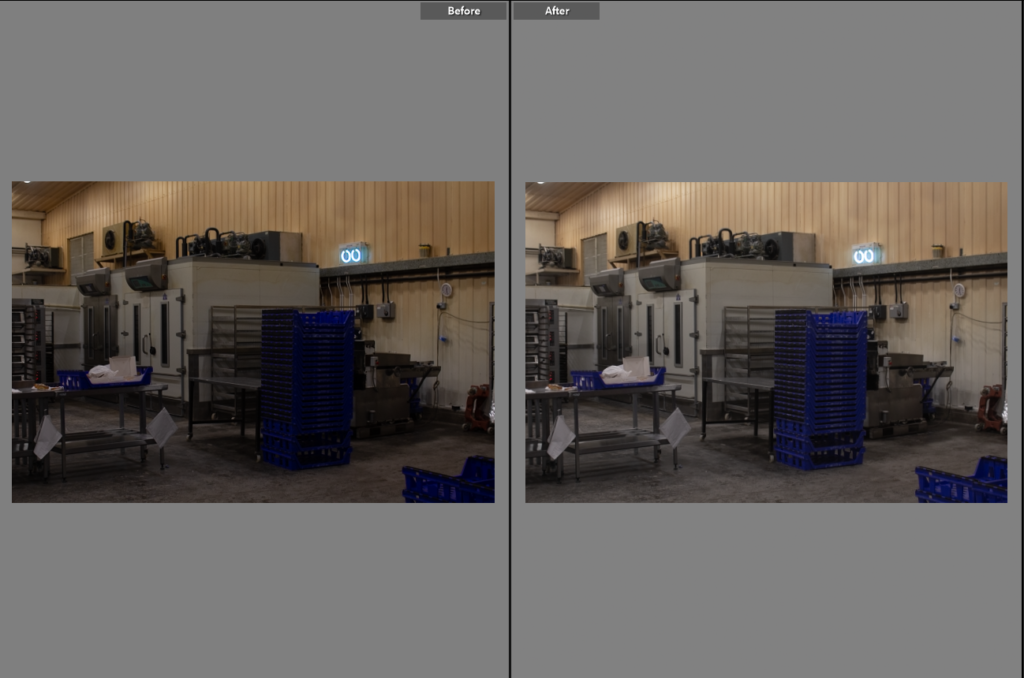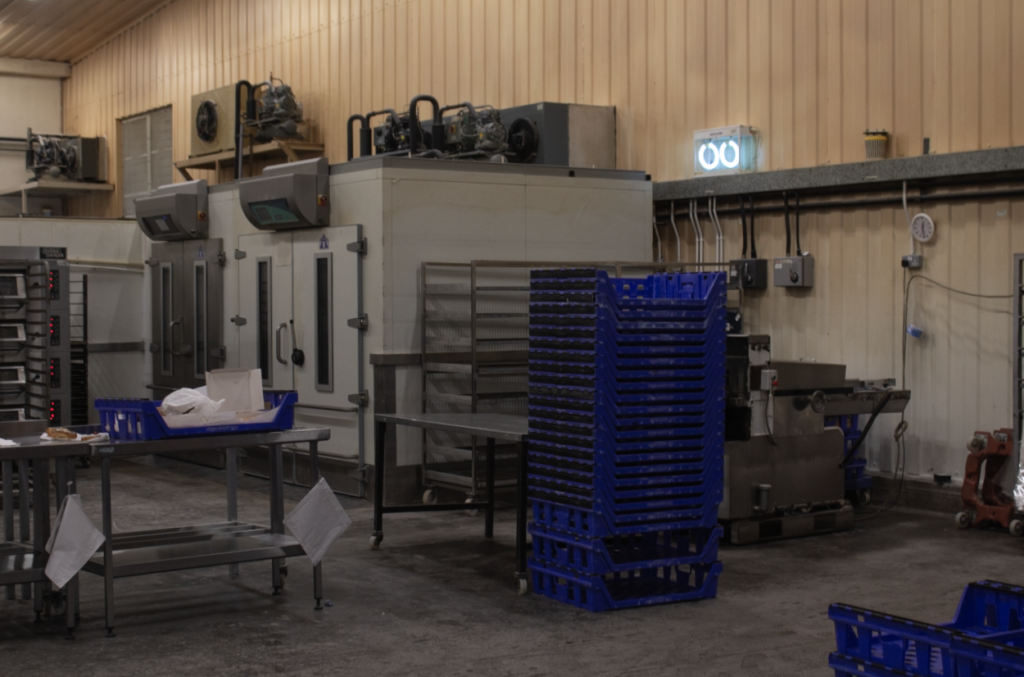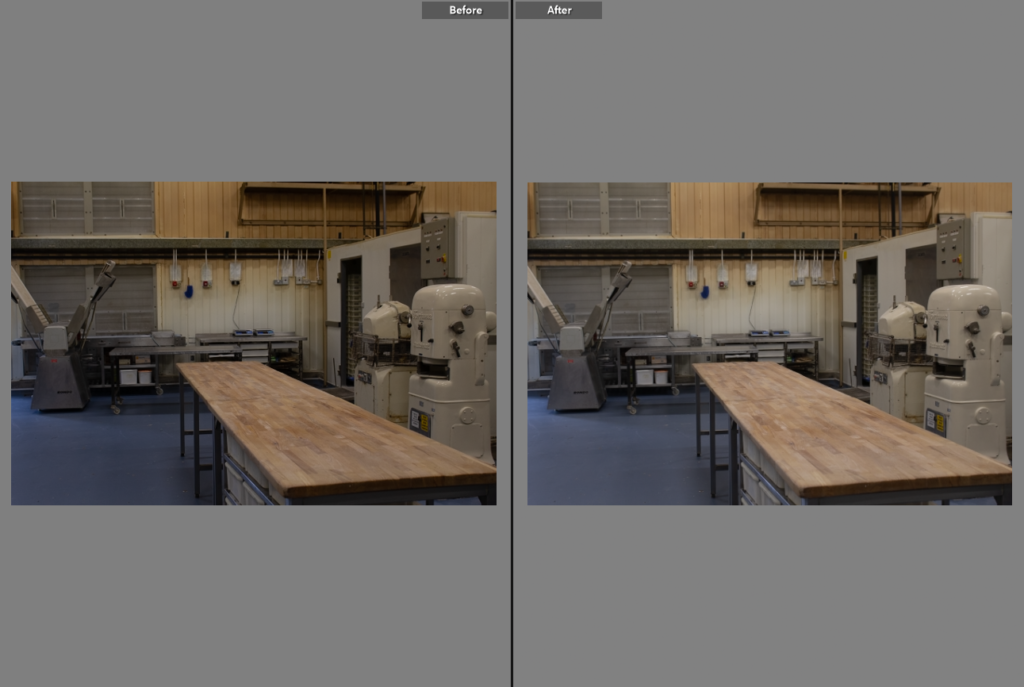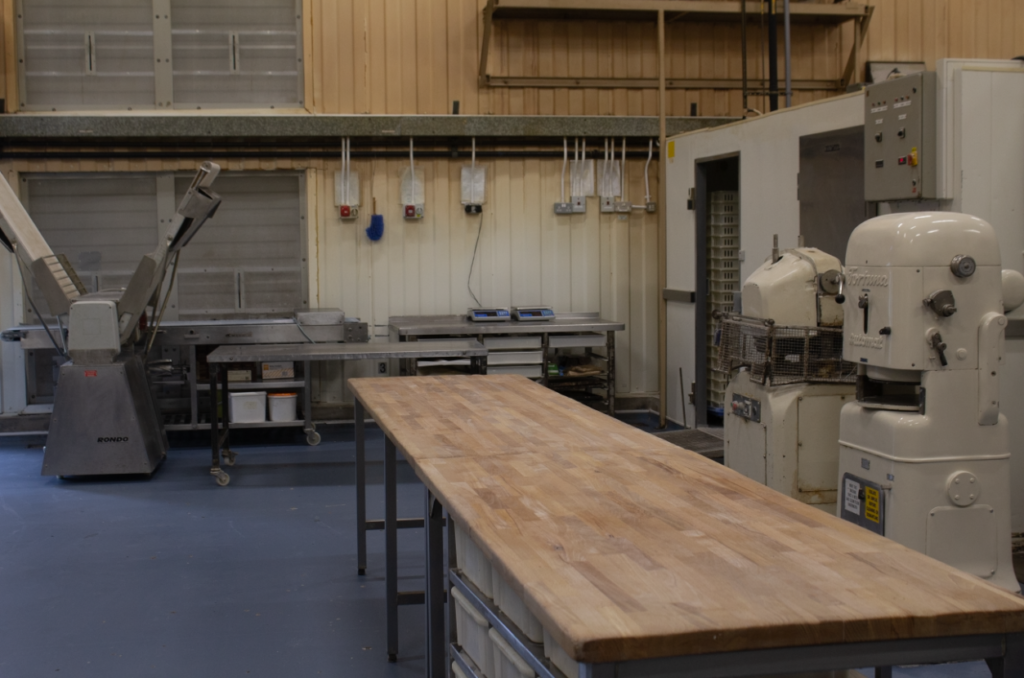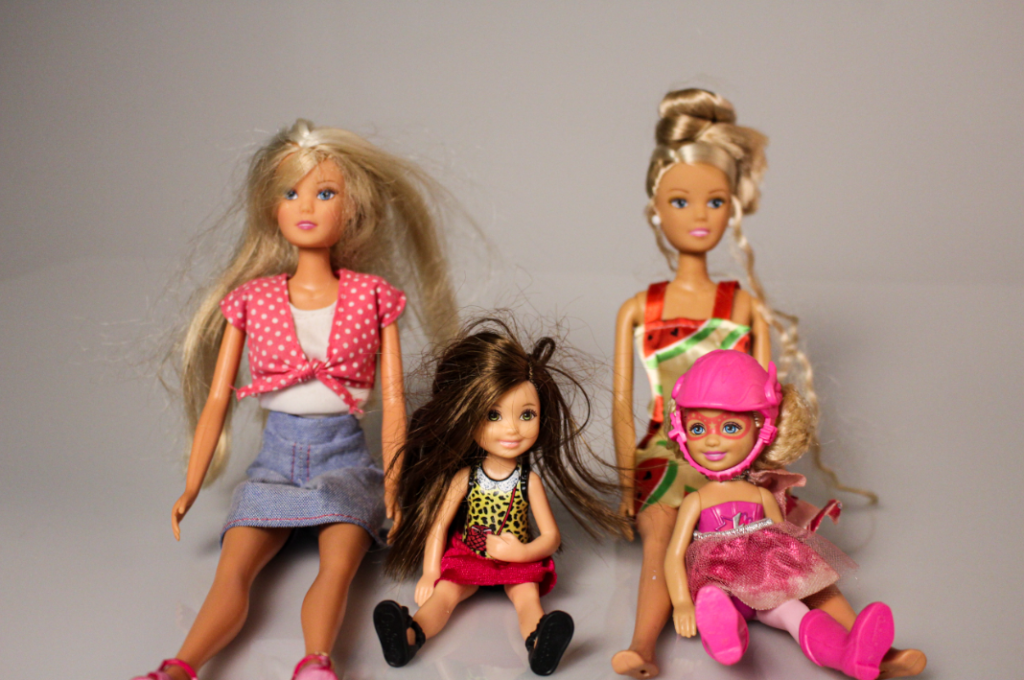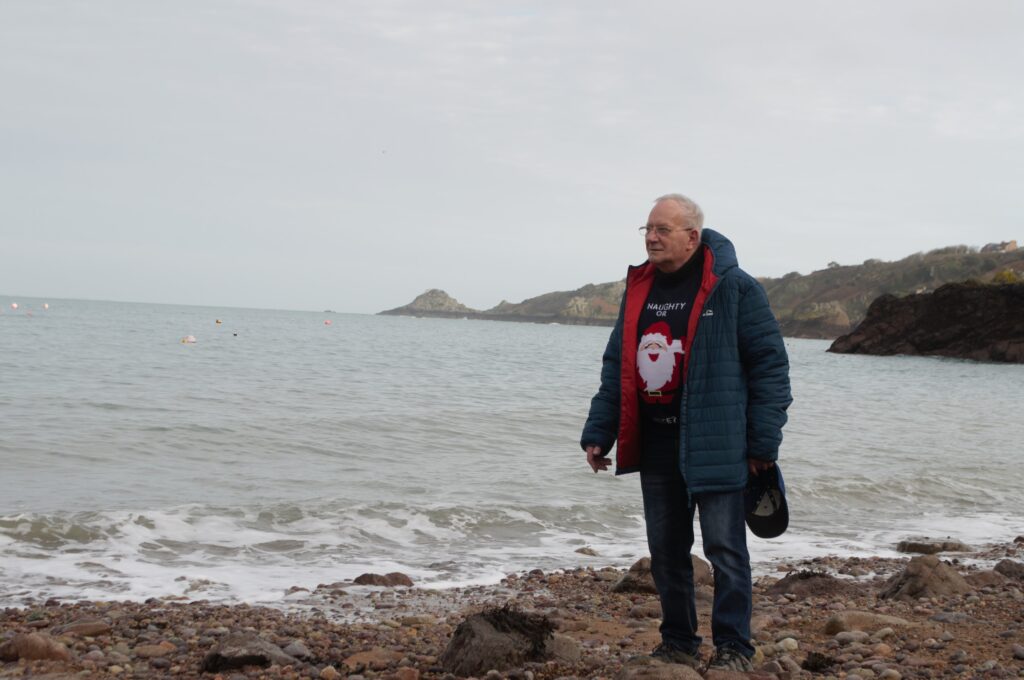Rita Puig- Serra Costa , Where Mimosa Bloom




NARRATIVE, EDITING, SEQUENCING, DESIGN, FORM,
The narrative of the story is following the front papers with a hue reminiscent of mimosa, there are miniature portraits portraying her maternal family lineage, creatively framed by cut-out windows. These snapshots encompass grandparents, an aunt, her parents, and Puig-Serra Costa herself. The visual narrative unfolds further with a collection of diverse images sourced from family albums, featuring snapshots from her childhood and collaborative works with Spanish photographer Dani Pujalte during the years 2012 and 2013. Additionally, the compilation includes reproductions from her exclusive inheritance as the sole child, ranging from an entry in her mother’s initial diary to doodles, cards, and even a recipe for chicken broth. This amalgamation of various media, formats, and genres not only hints at the protagonists’ identities but also serves as a compelling testament to their profound bond. She has images exploring this through portraits, landscapes, still-life. Following different genres within those too, where within portraiture she explores; self portraits, studio portraits, environmental portraits and many more.Within landscapes she explores different settings but which revolve around natural landscapes.
EDITING
why i love the images within this book is because of the variety of the outcomes. which are also achieved through the editing process, which also, with every image varies. However throughout the book there’s a theme reoccurring, where there are many light colours and cool tones withing the images. this gives a certain feel to the overall book, for this instance this is calm and relaxed due to the colour pallet. Some images are also edited to appear more older then they are to match the other archival images.
SEQUENCING & LAYOUT
The book follows a great storyline, where it starts of with the beginnings of her life, or, before it even started, by showing her family tree. She showed this though a specific layout, where each person is cut out separately, so with each page turned, a new family member appears. other then that interesting opening to the book, the rest of the pages are of pictures printed on them. the book itself is a little bit bigger than an A5 paper.
Questions to answer:
- Book in hand: how does it feel? the texture of the paper is slippy and shiny, the pages being smooth and sleek to touch.
- Paper and ink: The ink used for the photographs is colourful. nearly all of the pictures within this book are in colour, with B&W photographs only used for older images.
- Cover: The book has a hard cover with a printed image on the cover. And the only writing of the title and by who it is is written on the books stem.
- Title: the title is both literal and poetic, “Where Mimosa Bloom” is referring to where her family tree grew quite literally and figuratively. she associates this tree with her family, especially her mother, therefore she is showing where her mum grew as well as the family tree.
- Design and layout: the sizes of the images vary through the book, with one double page spread in the middle of the book, and most with one full bleed page and the other of just the item. the pattern and alignment of these images is irregular, however some do repeat.
- Editing and sequencing: The editing of the images seem to follow a certain theme, where the images are edited to fit the same aesthetic, which are soft and warm colours. The editing process is quite natural and calm with soft tones.

























